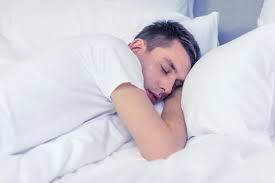Napping
Napping must be natural because so many cultures have siestas. But often the desire to nap in adults comes from insufficient sleep during the night. There are reports showing that excessive napping can be associated with negative health outcomes
348
637 reads
The idea is part of this collection:
Learn more about health with this collection
Techniques for brainstorming and generating new ideas
The power of collaboration and feedback in the creative process
How to recognize and overcome limiting beliefs
Related collections
Similar ideas to Napping
Be On Time !!!
Always add 25% to your time estimate to get anywhere or do any task. If you think it takes 30 minutes to get to work, give yourself 40 (technically, 37 1/2, but let’s not be ridiculous here!). If you need 12 working hours to finish a proposal, give yourself 15. The worst thing that could happen i...
Read & Learn
20x Faster
without
deepstash
with
deepstash
with
deepstash
Personalized microlearning
—
100+ Learning Journeys
—
Access to 200,000+ ideas
—
Access to the mobile app
—
Unlimited idea saving
—
—
Unlimited history
—
—
Unlimited listening to ideas
—
—
Downloading & offline access
—
—
Supercharge your mind with one idea per day
Enter your email and spend 1 minute every day to learn something new.
I agree to receive email updates
